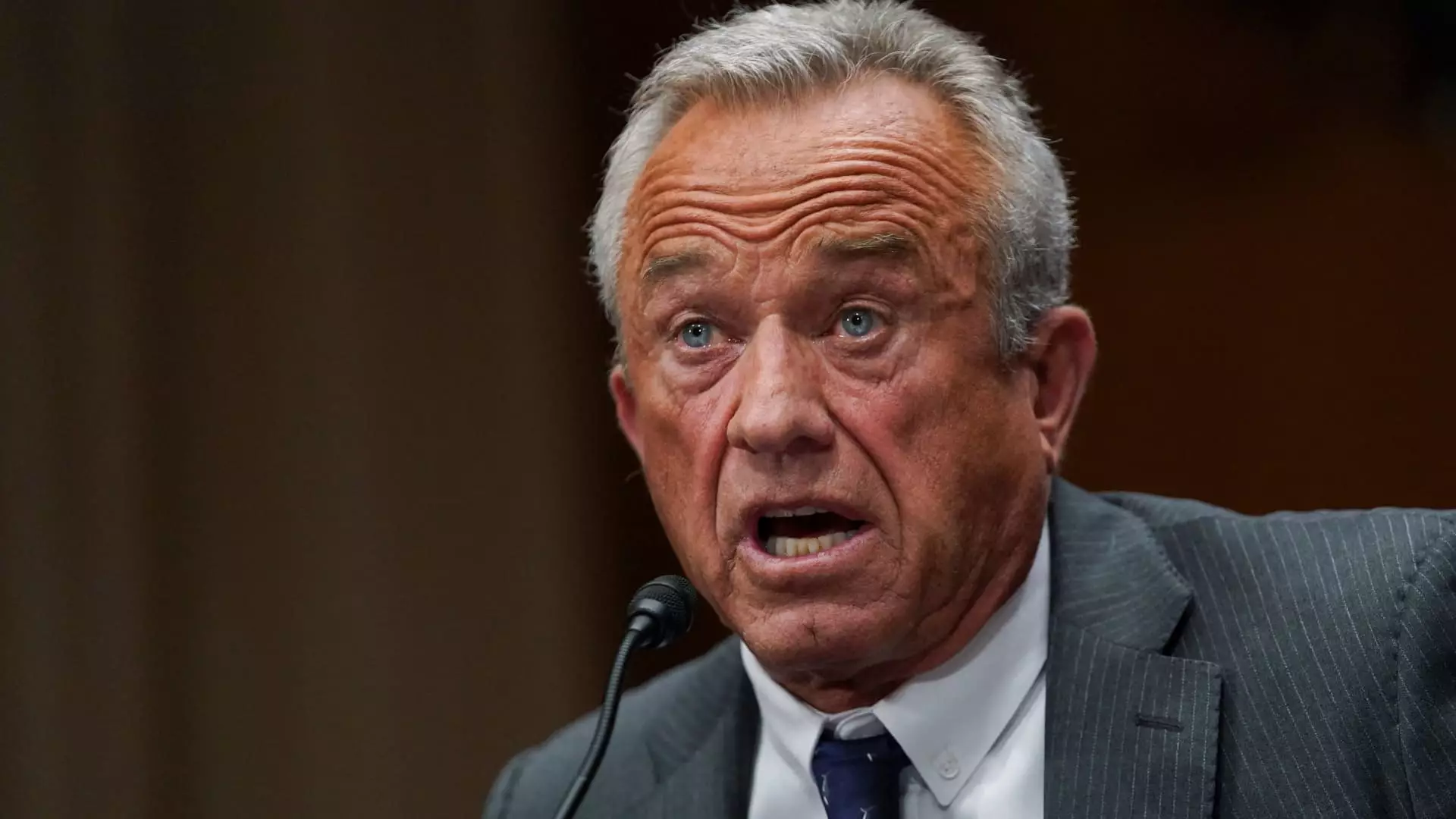The recent Senate confirmation hearings for Robert F. Kennedy Jr., nominated by former President Donald Trump to lead the Department of Health and Human Services (HHS), have raised significant concerns regarding his qualifications and readiness to oversee a crucial portion of the nation’s health care system. The scrutiny of Kennedy’s knowledge—specifically about Medicare and Medicaid—has been quite striking, revealing gaps that could prove critical if he were to assume the role that manages a significant $1.7 trillion federal agency.
During his second appearance before the Senate Committee on Health, Education, Labor and Pensions, Kennedy’s apparent lack of understanding of basic elements of Medicare prompted Democratic Senator Maggie Hassan of New Hampshire to question his suitability for the leadership role he seeks. Kennedy struggled to proficiently explain critical components of the Medicare program, which provides essential health care coverage for millions of older and disabled Americans.
When tasked with discussing Medicare Parts A, B, and C, Kennedy’s responses highlighted this unfamiliarity, as he confused key functions. For instance, he inaccurately described Medicare Part A as primarily dealing with primary care rather than its true purpose—hospital insurance for inpatient care. Such fundamental misunderstandings are concerning, particularly for someone expected to lead HHS where oversight of vital programs like Medicare is a primary responsibility.
Medicaid: A Confusion of Terms
In addition to his grasp of Medicare being questioned, Kennedy’s performance regarding Medicaid raised eyebrows. The Medicaid program, which provides health coverage for approximately 80 million Americans, is a crucial safety net for low-income individuals and families. Instead of showing a clear understanding of its jointly funded nature between state and federal governments, Kennedy mischaracterized it as being fully funded by the federal government, a significant error, which he later acknowledged during the hearings. These inaccuracies not only reflect poorly on his preparedness but also raise red flags about potential policy decisions he could make if confirmed.
Senator Hassan and others expressed their concern that he did not grasp the fundamental differences between the two programs, describing back-and-forth confusions that demonstrate a worrying level of unpreparedness. This brings to light a more significant issue regarding his qualifications and ability to lead a department that partners extensively with both Medicaid and Medicare.
The implications of Kennedy’s confirmation—or lack thereof—extend beyond simply an administrative appointment. With better-than-expected negotiations over the fiscal budget in 2024, potential funding cuts to these essential health programs, especially Medicaid, could directly affect millions of vulnerable Americans. If Kennedy is confirmed without a solid understanding of these programs, he could face difficulties in navigating complex health policy challenges, especially in a political landscape that may target Medicaid for budget reductions.
Senator Ron Wyden’s criticism, calling Kennedy “unprepared,” underscores the importance of having a leader who not only understands the policies but has the capacity to navigate the intricacies of health care funding and reform. With allegations of potential misuse or cuts to Medicaid already on the table, it becomes imperative for the HHS head to possess both knowledge and vision for the future of these programs.
The current situation surrounding Robert F. Kennedy Jr.’s confirmation hearings serves as a critical lesson in the importance of preparedness for those in such pivotal positions. Given the vast responsibilities that come with leading HHS, a thorough understanding of Medicare, Medicaid, and the Affordable Care Act is non-negotiable. As the nation grapples with various health care challenges today, including ongoing discussions around funding and access, never has the need for an informed and capable leader been more pressing. Addressing the gaps in knowledge identified during Kennedy’s hearings will not only influence his own future but the well-being of countless individuals who depend on these essential health care programs.


Leave a Reply